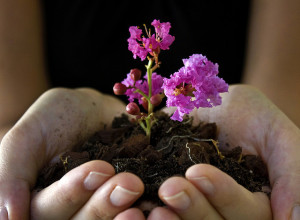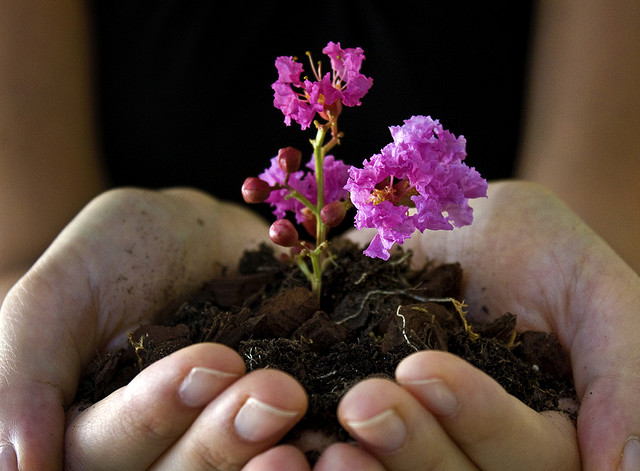It’s The Environment, Silly!

One person gets cancer and their identical twin doesn’t. Two people get bit by ticks but only one of them gets chronic Lyme. Why? Why do some people get sick while others do not? Although every patient is individual, one general principle in natural medicine addresses these questions–the concept of terrain. In other words, it’s the environment silly!
What is the human environment?
In natural medicine we call the human environment, “the terrain”. The terrain is like the soil of the body. Some soil can be rich and luscious others can be dry, dusty and barren. Like a garden, healthy soil produces an abundant harvest as opposed to infertile soil which grows weeds, attracts pests and produces minimal harvests. In the human body, the soil that is the human terrain is a factor determining if we will get a chronic disease.
Genetic aspects of terrain
Terrain is genetic to a certain extent. Our parents pass their genes on to us providing the baseline of our body’s terrain. Although we can’t change our genes (that we know of), we can influence our gene expression; that is, the way our genes function. This new branch of study called epigenetics is finding that environmental factors can actually cause dormant “bad” genes to become dominant. Watch this 13 minute video on epigenetics to learn more.
Diet
You are what you eat, and food certainly can be the medicine that supports your body, or it can be the poison that your body needs to detoxify. Not all foods and not all diets are good for everyone. One individual can be intolerant to a food that is completely healthy for someone else. Testing is available to help discern what is best for each individual. When cells are healthy and well nourished they resist disease and reduce the susceptibility to chronic illness.
Exercise
Enjoyable body movement is important for health. When we contract muscles, we move lymph which detoxifies the tissues. Sweating is another key way to get rid of toxicity and improve our internal terrain which in turn makes us less susceptible to disease. (Read this article on epigenetic effects of exercise)
Chemicals
Sadly, chemicals are ubiquitous in our society and we only know the effects of a few of them…and they’re not good. Chemicals can have epigenetic effects stimulating “bad” genes to turn on. They can “gum up” the intracellular machinery reducing the cells ability to make energy and detoxify. They can also disrupt hormone systems which can play havoc throughout the body. Obviously, chemicals including pesticides and herbicides play a significant role in a poor terrain and therefore disease.
Emotions
Mental/emotional states play a significant role in chronic disease. The effects of stress, anxiety or adverse childhood experiences on health are well known. Emotional upheaval has been shown to increase the risk of chronic disease. In animal studies, nurturing mothers actually changed the genetic expression of their young reducing their risk of diabetes, obesity, and possibly Alzheimer’s. Human studies show that neglect or abuse in childhood increases the risk of heart, liver, and lung disease as well as skeletal fractures, obesity and cancer. The emotional terrain of the individual must be taken into account when treating the whole person.
Improving terrain
The most important thing a person can do to improve their health is to improve their terrain. A clean diet, regular exercise, a satisfying work / life balance and well chosen nutritional supplementation are all key components of maintaining a good terrain. In addition, one of the most effective means for restoring a healthy terrain is a modality called Biotherapeutic Drainage. Through its diverse actions, Biotherapeutic Drainage frees impurities (including chemical, physiological or mental/emotional). Over time, the terrain becomes rich and healthy, and the individual experiences a life less susceptible to chronic disease and illness.
Written by: Dr. Cheri King, ND
photo credit: “germoglio” by Barbara Piancastelli www.flikr.com




